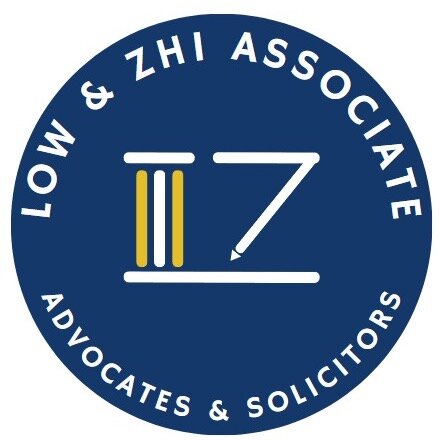Best Trusts Lawyers in Kuala Lumpur
Share your needs with us, get contacted by law firms.
Free. Takes 2 min.
List of the best lawyers in Kuala Lumpur, Malaysia
About Trusts Law in Kuala Lumpur, Malaysia
Trust law in Kuala Lumpur, Malaysia, is primarily governed by the Trustees Act 1949. A trust is a legal arrangement where one party, the trustee, is given control over assets to manage and use for the benefit of another party, the beneficiary. Trusts can be used for various purposes such as protecting assets, planning for retirement, or donating to charity. The Trustee Act sets out the responsibilities of trustees and the rights of beneficiaries, among other matters.
Why You May Need a Lawyer
Creating a legal trust in Kuala Lumpur involves complex legal procedures and abiding by regulations set out in law. A lawyer can help draft a trust deed that clearly outlines the terms of the trust and help ensure that the trust has legal effect. Furthermore, you might find yourself in a situation where you need to verify the actions of a trustee, administer potentially complex and high-value estates, interpret the terms of a trust document, or resolve disputes between trustees and beneficiaries. In all such situations, a lawyer's expertise could be crucial.
Local Laws Overview
The Trustees Act 1949 is the main law that regulates the establishment of trusts in Kuala Lumpur. The Act stipulates the duties and powers of trustees, the rights of beneficiaries, the procedures for modifying or terminating a trust, and the penalties for breaching a trust. Additionally, the Act allows for the establishment of living trusts, testamentary trusts, charitable trusts, and more. In terms of litigation, civil courts in Kuala Lumpur have jurisdiction over trust matters.
Frequently Asked Questions
What is a trust deed?
A trust deed is a legal document that defines the terms of the trust, including the roles of the trustee and beneficiary, the specifics of the assets in the trust, and the conditions under which the trust operates.
How are trusts taxed in Malaysia?
In Malaysia, trusts are usually considered separate legal entities for tax purposes, and they are taxed at a flat rate of 24% on all income accuring in or derived from Malaysia.
Who can be a trustee in Malaysia?
A trustee must be at least 18 years old and should not be a bankrupt individual. It could also be a corporate entity with capacity to handle trust assets. Some trusts also require trustees to be residents of Malaysia.
Can a trust be terminated before its specified end date?
Yes, a trust can be terminated before its specified end date under certain circumstances, such as when all the beneficiaries agree, when the purpose of the trust is fulfilled, or when the trust becomes impossible to continue.
What happens if a trustee breaches their duties?
If a trustee breaches any of their duties, they can be held personally liable for any losses the trust suffers and might also be subjected to other penalties stipulated under the Trustee Act 1949.
Additional Resources
The Malaysian Bar Council is a reliable source for general information about trusts and other legal matters. The Trustee Act 1949 is the primary law governing trusts, and can be accessed online for free. The Companies Commission of Malaysia (SSM) also provides valuable resources for those involved in corporate trusts or similar fiduciary relationships.
Next Steps
If you require legal assistance in establishing or managing a trust, consider finding a lawyer specializing in trusts. They can guide you through the legalities and help ensure your trust is appropriately established and managed. Impartial legal advice should always be sought before committing to any legal arrangement. Remember that trust law is a complex field and professional help is recommended.
Lawzana helps you find the best lawyers and law firms in Kuala Lumpur through a curated and pre-screened list of qualified legal professionals. Our platform offers rankings and detailed profiles of attorneys and law firms, allowing you to compare based on practice areas, including Trusts, experience, and client feedback.
Each profile includes a description of the firm's areas of practice, client reviews, team members and partners, year of establishment, spoken languages, office locations, contact information, social media presence, and any published articles or resources. Most firms on our platform speak English and are experienced in both local and international legal matters.
Get a quote from top-rated law firms in Kuala Lumpur, Malaysia — quickly, securely, and without unnecessary hassle.
Disclaimer:
The information provided on this page is for general informational purposes only and does not constitute legal advice. While we strive to ensure the accuracy and relevance of the content, legal information may change over time, and interpretations of the law can vary. You should always consult with a qualified legal professional for advice specific to your situation.
We disclaim all liability for actions taken or not taken based on the content of this page. If you believe any information is incorrect or outdated, please contact us, and we will review and update it where appropriate.

















